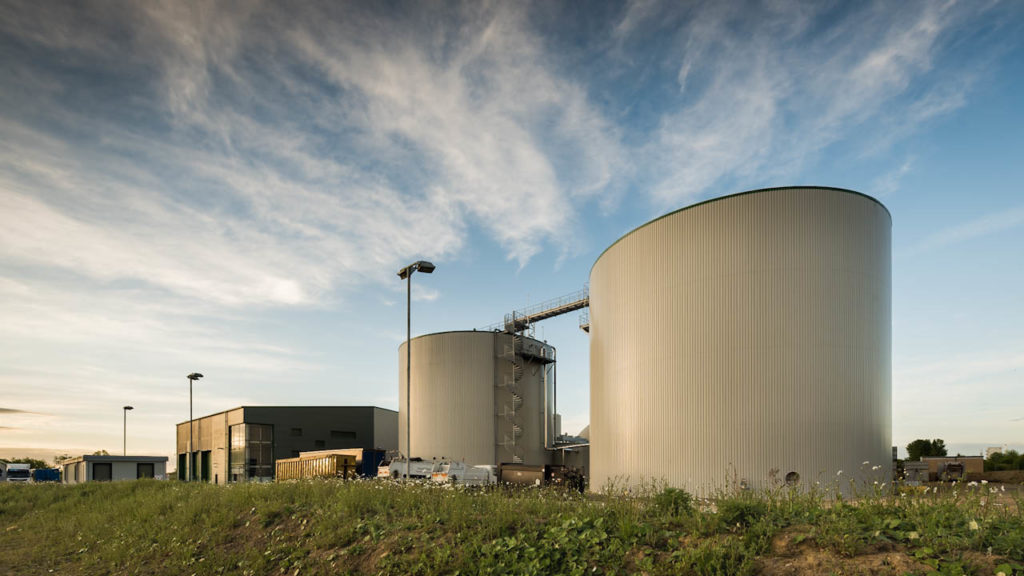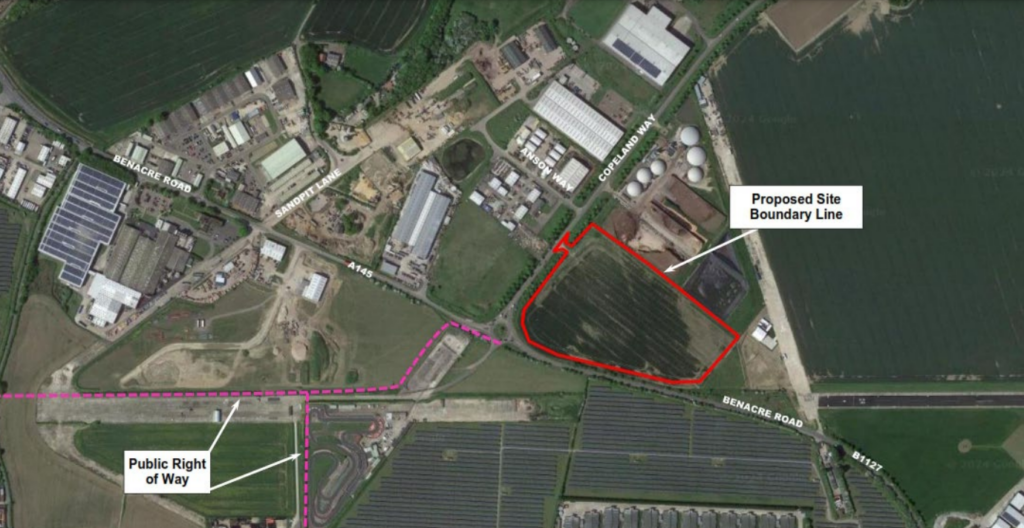The message about the role of AD in providing farmers with fertiliser for their fields comes from Kevin Quigley, commercial director of food waste recycling firm Warrens.
Speaking in light of the fertiliser supply chain issues caused by the Ukraine crisis, Mr Quigley explained that the pandemic and Russian invasion of Ukraine have caused supply chain issues. This has resulted in soaring gas prices, which are pushing up fertiliser production costs and farmers have seen fertiliser prices rise by almost £350 a tonne since last week.
While some farmers are seen as having decided to cope with this change by using less fertiliser, Mr Quigley thinks there is an opportunity for farmers to get more fertiliser from AD plants.

The AD process creates biofertilizer as a bioproduct in the resultant digestate, which is made up of nitrogen, phosphate, and potash, high in nutrients and readily absorbed by crops.
‘Unpredictable situation’
Mr Quigley said that higher farming costs will feed through to higher food costs.
“We are in an unpredictable situation at the moment so it is hard to offer concrete advice on how to best tackle the cost of living crisis but plans to minimise and reduce the effects will help.
“The fertiliser is a product of the AD process that food waste goes through to create energy. If we’re collecting more food waste, we’ll produce more fertiliser and this could go some way to support the current supply and demand issue that farmers are facing,” he added.
Mr Quigley’s call for increased collections of food waste comes as details of the government’s plan to introduce mandatory food waste collection by 2023 are being finalised by the Department for Environment, Food and Rural Affairs.
Local authorities are expected to be able to phase in food waste collections over a number of years.












Subscribe for free